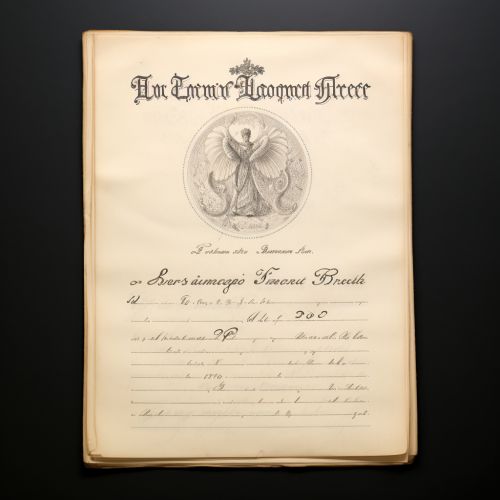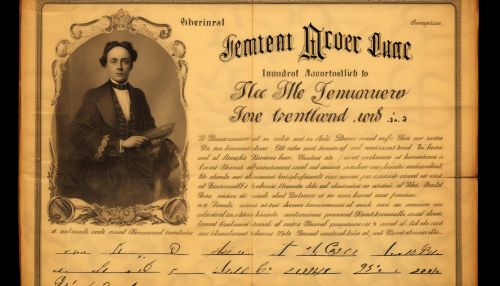Sixth Amendment to the United States Constitution
Overview
The Sixth Amendment is a part of the Bill of Rights that was ratified by the Congress on December 15, 1791. It sets forth rights related to criminal prosecutions in federal courts, and it has been made applicable to state courts through the Fourteenth Amendment.


Text
The text of the Sixth Amendment, as ratified by Congress, states: "In all criminal prosecutions, the accused shall enjoy the right to a speedy and public trial, by an impartial jury of the State and district wherein the crime shall have been committed, which district shall have been previously ascertained by law, and to be informed of the nature and cause of the accusation; to be confronted with the witnesses against him; to have compulsory process for obtaining witnesses in his favor, and to have the Assistance of Counsel for his defence."
Speedy Trial
The right to a speedy trial is fundamental to preventing governments from holding individuals for extended periods without trial. This provision is designed to limit the time an accused person spends in jail prior to trial, and to ensure that convictions are based on fresh evidence.
Public Trial
The public trial provision of the Sixth Amendment is rooted in the English common law tradition, and is fundamental to preventing secret proceedings and government abuses. The Supreme Court has held that the public trial right extends to pretrial proceedings and can only be waived by the defendant.
Trial by Jury
The Sixth Amendment guarantees a trial by an impartial jury. This means that the jury must be unbiased and willing to make a decision based solely on the evidence presented at trial. The jury must also be drawn from the community where the crime occurred, a requirement known as vicinage.
Right to be Informed of the Accusation
The Sixth Amendment also guarantees the right of a defendant to be informed of the nature and cause of the accusation against them. This provision ensures that defendants have an opportunity to prepare a defense and to prevent surprise at trial.
Confrontation Clause
The Confrontation Clause of the Sixth Amendment provides that "in all criminal prosecutions, the accused shall enjoy the right...to be confronted with the witnesses against him." This means that a defendant has the right to cross-examine all witnesses who testify against him.
Compulsory Process Clause
The Compulsory Process Clause of the Sixth Amendment provides the right to compel the attendance of witnesses in one's favor. This clause ensures that defendants have the opportunity to present a complete defense by calling witnesses who can testify on their behalf.
Assistance of Counsel
The Assistance of Counsel Clause of the Sixth Amendment guarantees the right to legal counsel for the defense in all criminal prosecutions. This right has been interpreted to mean that a defendant has the right to a lawyer's assistance, and if the defendant cannot afford a lawyer, one will be provided by the state.
